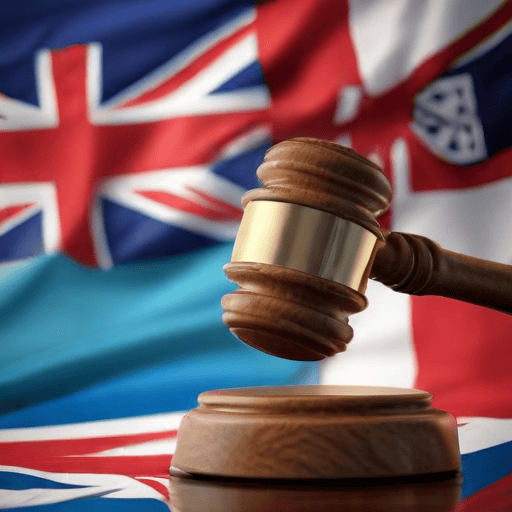Australian constitutional expert Anne Twomey emphasized the necessity of periodically amending constitutions to reflect current societal values and needs. Speaking at the 26th Attorney-General’s Conference in Denarau, Nadi, she warned that a constitution that fails to adapt becomes rigid and may eventually collapse under societal pressures. She pointed out that Fiji faces significant challenges with its current Constitution, which has high barriers for amendments, making it almost unchangeable.
Twomey noted that in Fiji, not only is a three-quarters majority in Parliament required for amendments, but any changes must also gain approval from three-quarters of registered voters in a referendum. This dual requirement presents an almost insurmountable challenge in achieving constitutional change. Furthermore, the removal of compulsory voting from the current Constitution adds to the difficulty of meeting the necessary voting threshold.
Despite identifying these challenges, Twomey offered insights on potential approaches to revising the amendment process in a way that is democratically valid and likely to withstand legal scrutiny. She reiterated that the ability to amend the Constitution is crucial for upholding the principle of popular sovereignty, which requires that power rests in the hands of the people.
This discussion highlights the importance of responsive constitutional frameworks that can evolve over time, allowing for governance that is in line with the directives and wishes of the citizenry. Although the hurdles to amendment in Fiji seem daunting, discussions like these by experts can foster a hope for future reforms that enhance democratic processes and public engagement.
In summary, Ms. Twomey’s remarks on the need for constitutional amendments underscore the dynamic relationship between governance and society, advocating for frameworks that remain relevant to the people’s aspirations.

Leave a comment